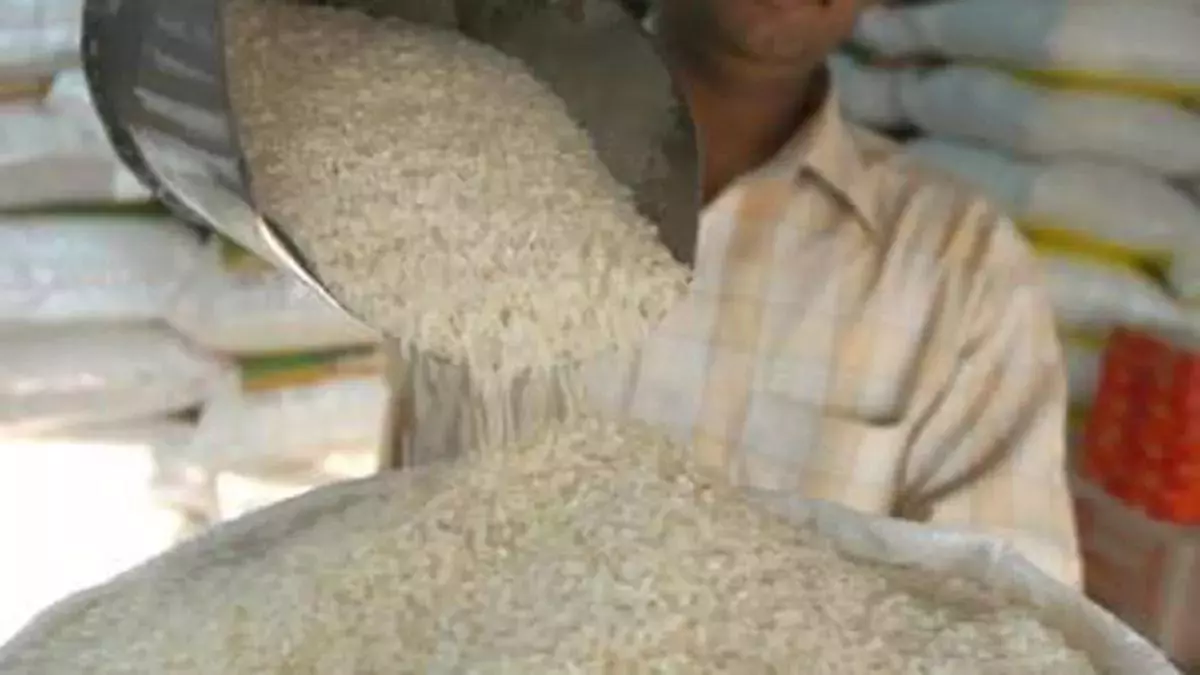US asks India to lift export ban on non-basmati rice
The US has asked India, at the WTO, to lift its export ban on non-basmati rice with immediate effect as it created an “unnecessary trade barrier”. India, on its part, argued that the new ban was a regulation rather than a restriction, which was crucial for the food security of 1.4 billion people.
“India pointed out at the WTO agriculture committee meeting on Wednesday that it granted exemptions from the export ban to those in need upon their governments’ request and was committed to ensuring food security in those countries,” a Geneva-based trade official told businessline.
India was confronted on its rice export policy by a group of WTO members, led by the US, that argued that the export ban had a detrimental impact on countries heavily reliant on imports, particularly during times of crisis, as it accounted for roughly 40 per cent of global exports. The other members questioning India included Japan, Australia, Brazil, Canada, the European Union, New Zealand, Switzerland, Thailand and the UK.
India placed a ban on export of non-basmati rice on July 20 this year to ensure domestic prices do not rise, especially during the festival season. The government banned the export of broken rice and wheat respectively in September and May, last year.
Citing information from its Department of Agriculture, the US stated that India was likely to have a record estimated rice production of 134 million tonnes and stocks of 36 million tonnes for the 2023-24 period.
“The US said that under the conditions of ample domestic supply, the new export ban created unnecessary trade barriers and hindered the flow of food to areas where it is most needed. It said that it would encourage India to lift the export ban with immediate effect,” the official said.
India stressed that its export ban on non-basmati rice was a regulation, and not a restriction, and it was very important to secure the food security of its 1.4 billion people. The measures are temporary and are regularly reviewed to allow necessary adjustments based on domestic demand and supply situations, it added.
On the issue of providing advance notifications for restrictions, India argued that it could not do so as it may lead to private players manipulating market conditions.
